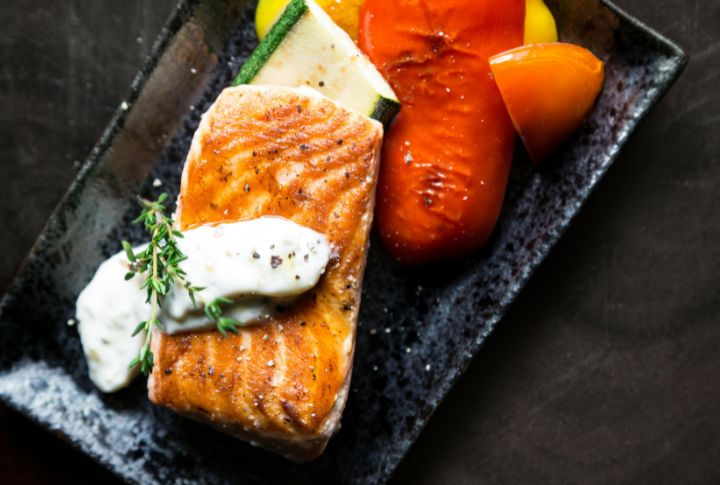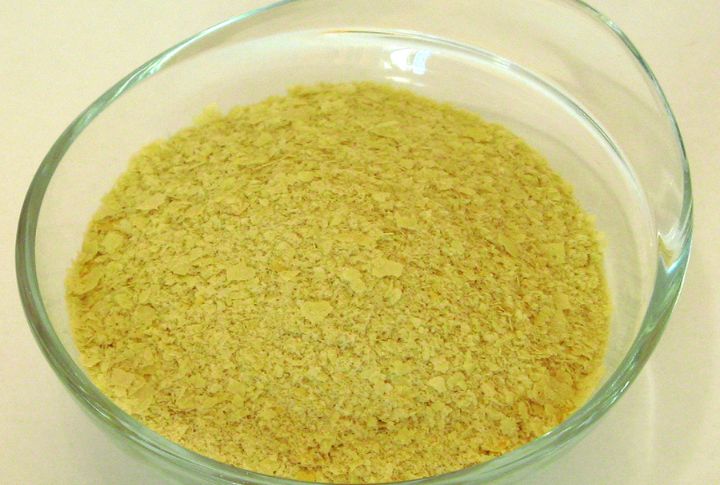
Feeling tired, foggy, or just off lately? Your body might be whispering that it’s running low on vitamin B12. This powerhouse nutrient fuels your energy, mood, and nerve health—but when levels drop, the signs can sneak up quietly. Don’t panic just yet! We’ll start by spotting the early warning signs your body gives, then reveal the foods that can bring your B12 levels right back up.
Persistent Fatigue And Low Energy

Vitamin B12 deficiency leads to extreme tiredness, low energy, breathlessness, and dizziness due to reduced red blood cell production. Since B12 is essential for creating healthy blood cells and supporting nerve function, a lack of it lowers oxygen delivery throughout the body—causing persistent fatigue and overall weakness that affects daily performance.
Tingling Or Numbness In Hands And Feet

A common neurological symptom of vitamin B12 deficiency is tingling or numbness in the hands and feet, known as paresthesia. This happens when the nerves are damaged due to insufficient B12 levels. Without early diagnosis and treatment, this nerve damage may become irreversible, even after supplementation.
Pale Or Jaundiced Skin

Pale or yellowish skin is a visible sign of vitamin B12 deficiency caused by megaloblastic anemia. The body produces fewer, larger, and less effective red blood cells, thereby leading to reduced oxygen circulation. Due to the reduced number of functional red blood cells—and occasionally higher bilirubin levels—the skin may appear pale or mildly jaundiced.
Cognitive Impairment And Memory Problems

A shortage of vitamin B12 affects the brain’s ability to process and recall information. Low levels disrupt the formation of myelin—the protective sheath around nerves—and reduce neurotransmitter efficiency. Over time, this can lead to forgetfulness, difficulty concentrating, and slower mental processing, symptoms often mistaken for early cognitive decline.
Mood Changes And Depression

Low vitamin B12 levels are linked to mood disturbances and depression. The deficiency can interfere with neurotransmitter production and brain function, which results in irritability or a low mood. Inadequate B12 intake affects mental health, highlighting its vital role in maintaining emotional stability and cognitive function.
Now that we’ve covered the key signs of B12 deficiency, it’s time to focus on recovery. Next, we’ll explore the best foods to boost your B12 levels and support overall health.
Salmon

Salmon is delicious and packed with B12—a portion delivers over 4 micrograms. You’ll also get omega-3s for brain and heart health. Wild-caught salmon? Even better. It’s loaded with extra nutrients and gets its gorgeous pink hue from astaxanthin, a powerful natural antioxidant.
Beef Live

One serving of beef liver contains a whopping 70+ micrograms of B12, alongside folate and vitamin A. This was the doctors’ original anemia remedy, and it’s easy to see why. The sheer nutritional punch makes it a timeless health food that truly earns its reputation.
Chicken

Chicken might be humble, but it quietly supports your B12 needs while delivering lean, muscle-building protein. Dark meat has a touch more B12, so mix it up. Easy to digest and endlessly versatile, chicken fits perfectly into any recovery-friendly, comfort-loving diet.
Nutritional Yeast

Meet nutritional yeast—aka “nooch”—the cheesy-tasting vegan favorite that’s loaded with vitamin B12. Just one tablespoon can deliver up to 17 micrograms. Sprinkle it on popcorn or pasta for a vegan-friendly, nutrient-dense treat that’s surprisingly addictive. Your body gets the boost it needs, and your taste buds get a treat.
Eggs

Eggs are small nutrition powerhouses, especially the yolks. They contain vitamin B12, protein, and choline for brain power. Whether scrambled, boiled, or poached, they’re simple, affordable, and delicious. Most of the B12 hides in the yolk, so don’t skip it!

